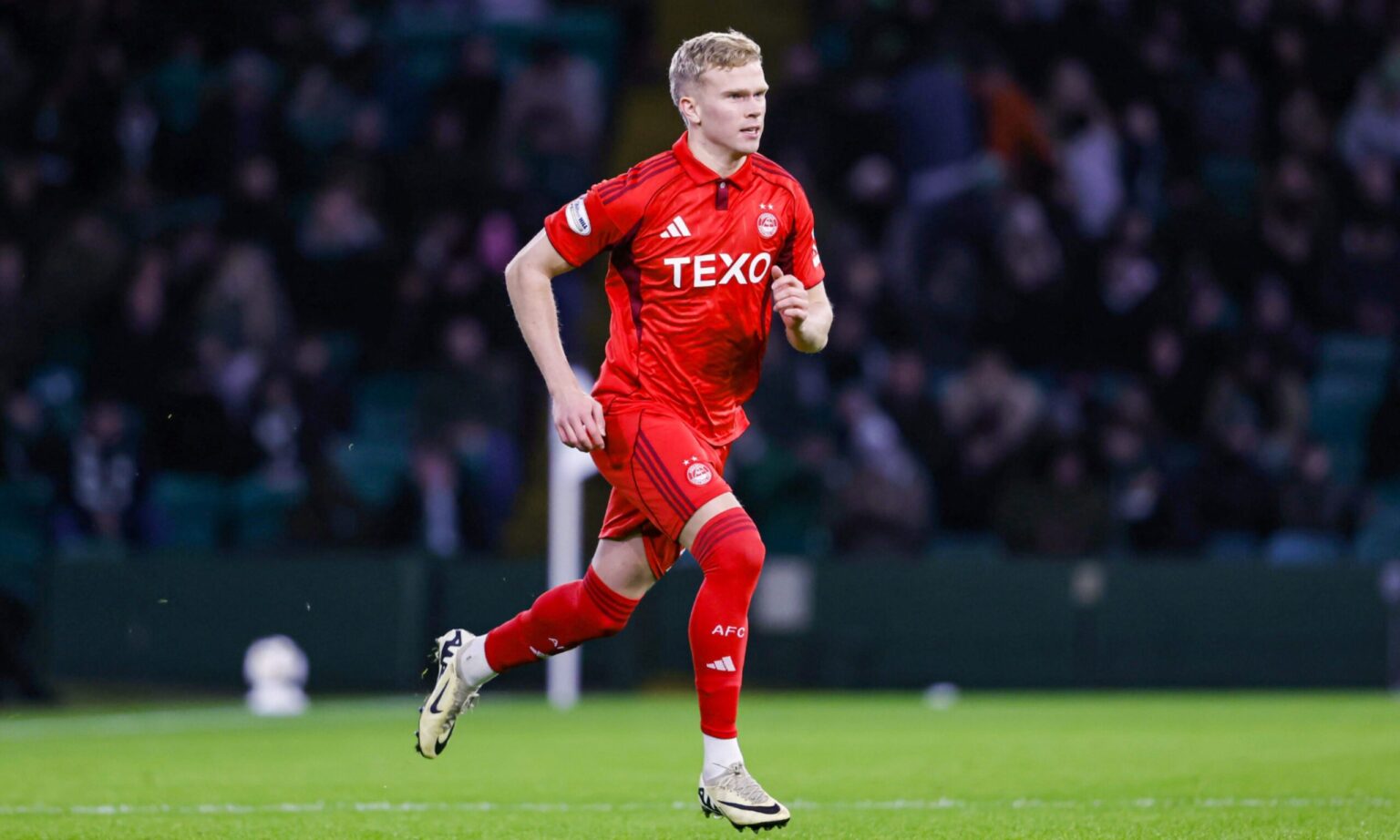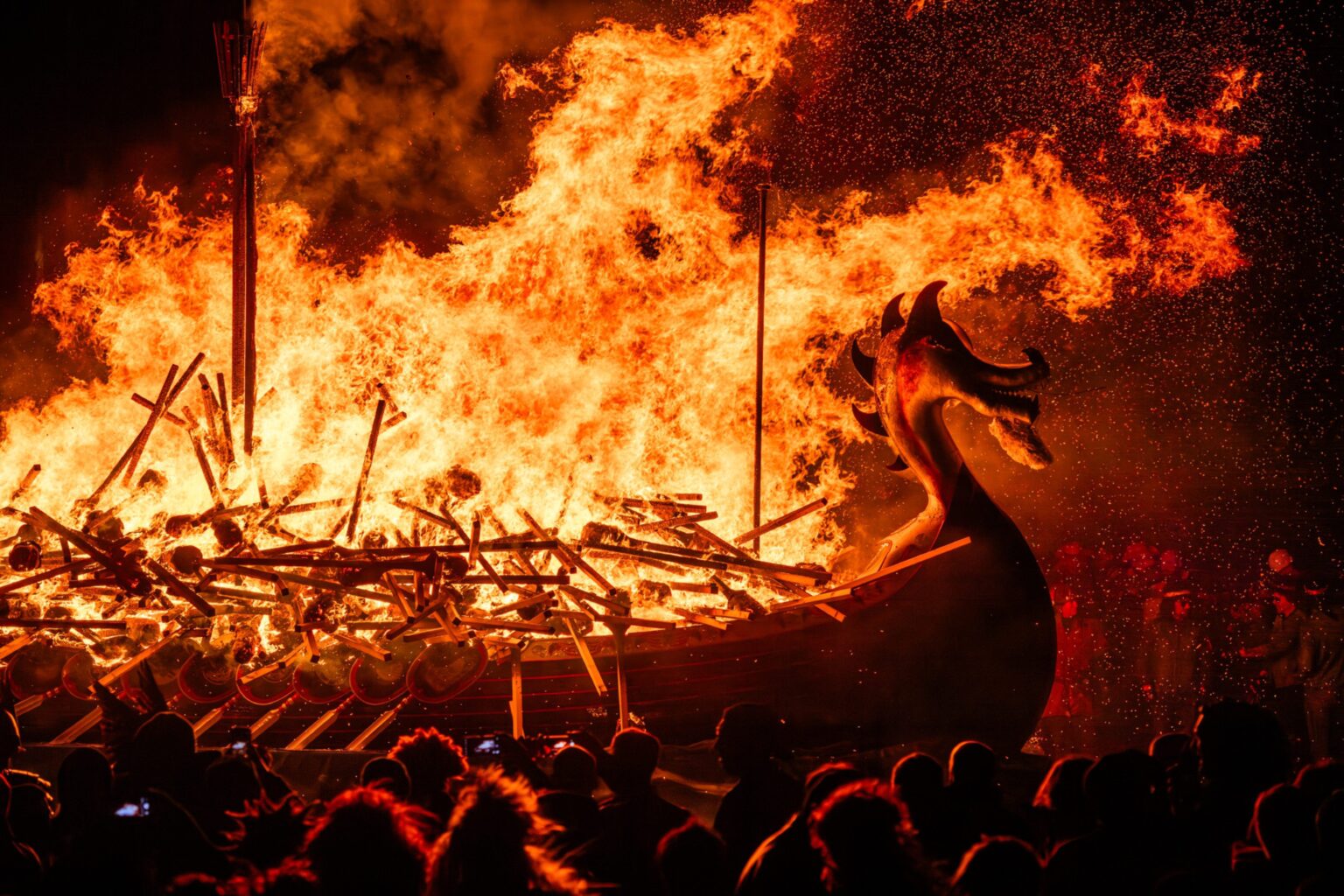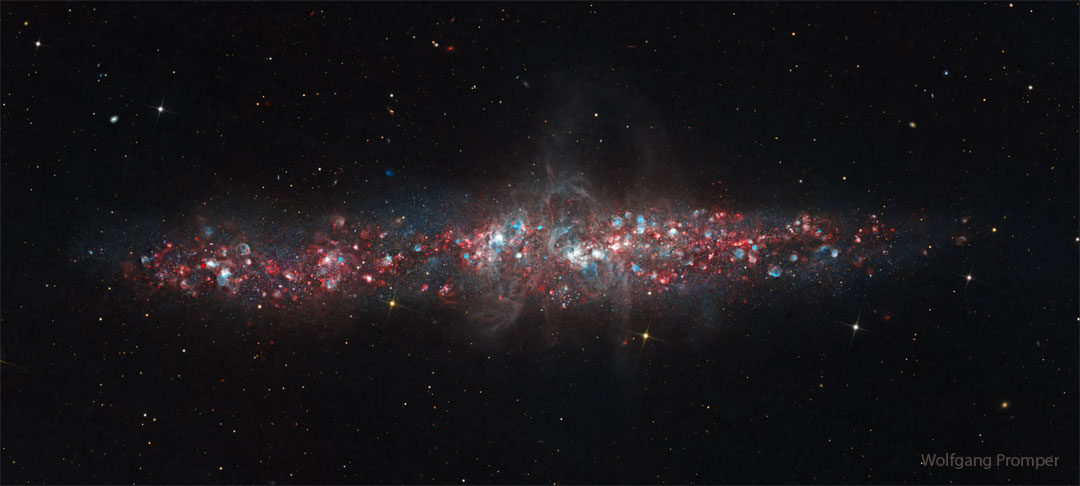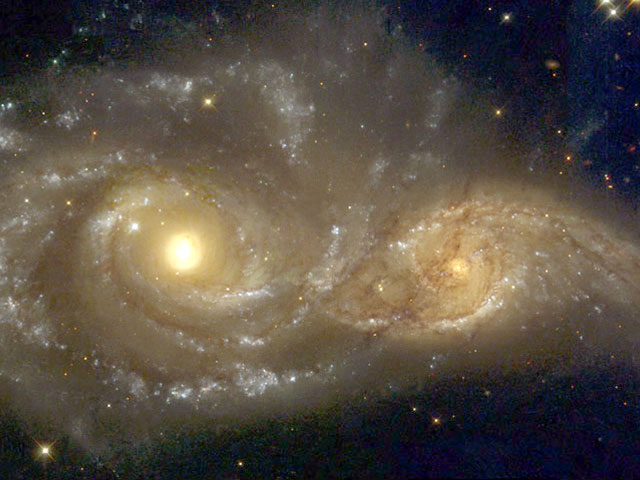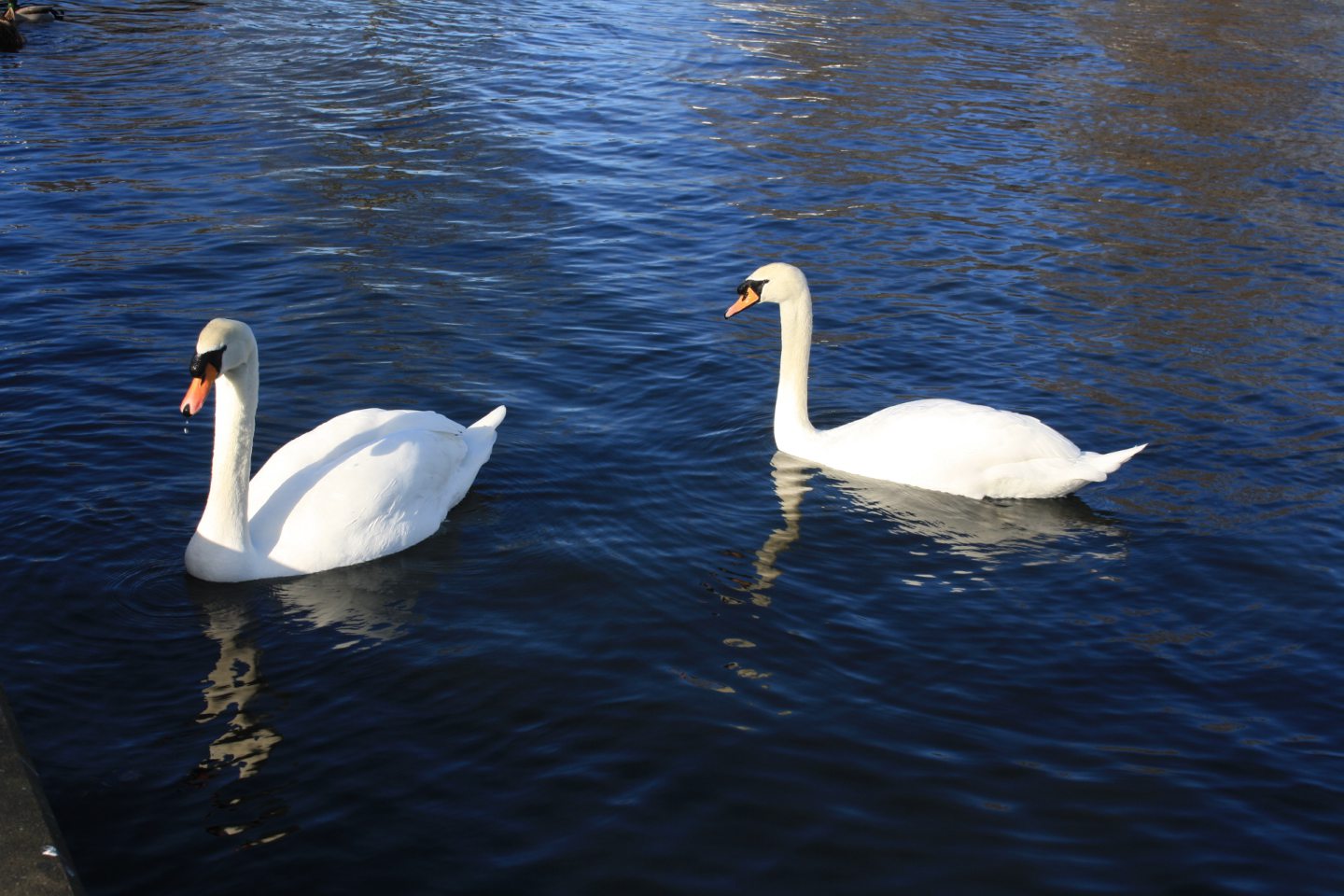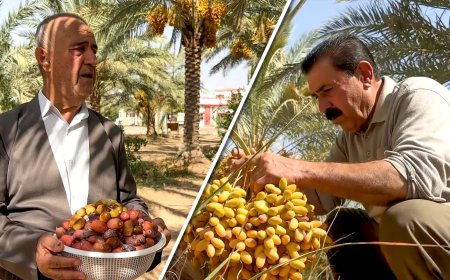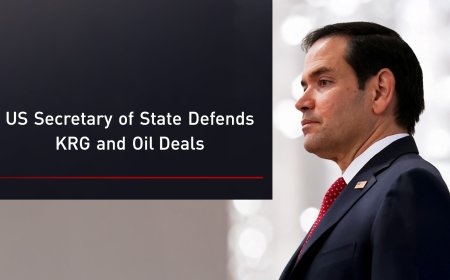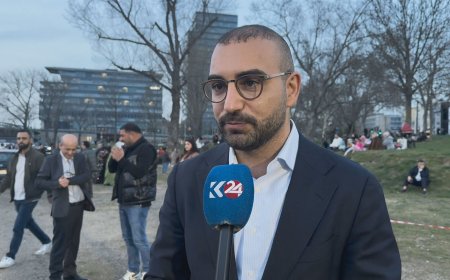PUK, KDP campaign on messages to serve neglected, disputed areas

ERBIL, Kurdistan Region - The Patriotic Union of Kurdistan (PUK) and the Kurdistan Democratic Party (KDP) both campaigned on messages of doing more for neglected or disputed areas in rallies held in Koya and Sheikhan on Saturday, two and a half weeks ahead of Iraq’s parliamentary election.
Sheikhan, a disputed district in Nineveh, is the spiritual center of the Yazidis and home to diverse Kurdish, Christian, and Muslim communities. Its political significance stems from its position as a contested area between Baghdad and the Kurdistan Regional Government (KRG), where the KDP maintains strong influence.
“There is a lot more in our agenda to do for Sheikhan,” KDP deputy leader Nechirvan Barzani told supporters at the rally.
“The KDP has always tried to represent all components of Iraq,” he said, adding that the party wants to curb the migration of Christian communities and “help them stay on their own land.”
“It is a pleasure to see religious figures from Muslims, Christians, and Yazidis sitting here together,” he added.
Nineveh is among Iraq’s most important electoral battlegrounds, with 34 parliamentary seats contested by Kurdish, Sunni, and Shiite candidates. While Kurds and Sunnis dominated previous elections, Shiite parties are working to expand their presence in the province.
The KDP has set itself the goal of getting one million votes in the November 11 election. The party won 31 seats in the 2021 election, including nine from Nineveh. With 175 candidates nationwide - 61 of them in Nineveh - the KDP is fielding the largest list of any party in Iraq.
“The party’s strength in Baghdad is the strength of Kurdistan,” Barzani said in Sheikhan.
“Our goal in Baghdad is the implementation of federalism and the constitution,” he added. “For 20 years, Iraq has suffered great disasters because it did not implement the constitution. Failing to do so does not only harm Kurdistan - Baghdad, Nineveh, and Basra have suffered equally from it.”
PUK leader Bafel Talabani on Saturday criticized the lack of public services in Koya, a town located in Erbil province.
Speaking at a campaign rally, Talabani said the area “is neglected, forgotten, and not served.”
He vowed that his party “will not enter a government unless we know that all cities in Kurdistan are seen and served the same way.” His comments were seen as a criticism of the KDP.
The PUK and KDP are still in talks to form the next cabinet of the Kurdistan Regional Government (KRG) cabinet, a year after the regional parliamentary elections. Addressing the political deadlock, Talabani said the PUK would not join the new government without firm guarantees of reform and equitable power-sharing.
Koya lies along the faultline between areas controlled by the KDP and PUK, making it a symbolic venue for Talabani’s message of unity and fairness.
“We promise all of Kurdistan to treat every side the same,” Talabani said, stressing equality regardless of party affiliation or community background.
Since the start of the election campaign in early October, Talabani has underscored the PUK’s regional connections, citing partnerships with Kurdish parties in Syria, Iran, and Turkey, as well as ties with neighboring governments.
“I ask you to send us to Baghdad this time with more seats, with more votes,” he said, arguing that real decision-making power lies in the Iraqi capital. “Decisions about large projects are in Baghdad… it is us in Baghdad who can deliver your rights.”
The PUK maintains close relations with parties in Baghdad, particularly the Shiite-led Coordination Framework that backs Prime Minister Mohammed Shia’ al-Sudani. The party presents itself as a counterweight to its main rival, the KDP, in both Erbil and federal politics.
[Source: Rûdaw English]
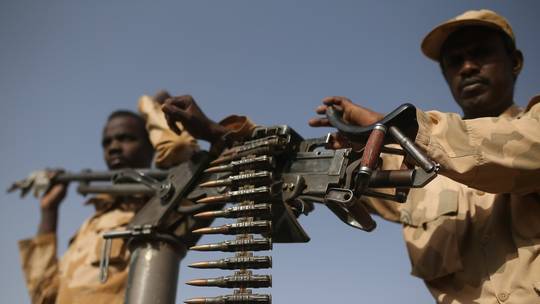



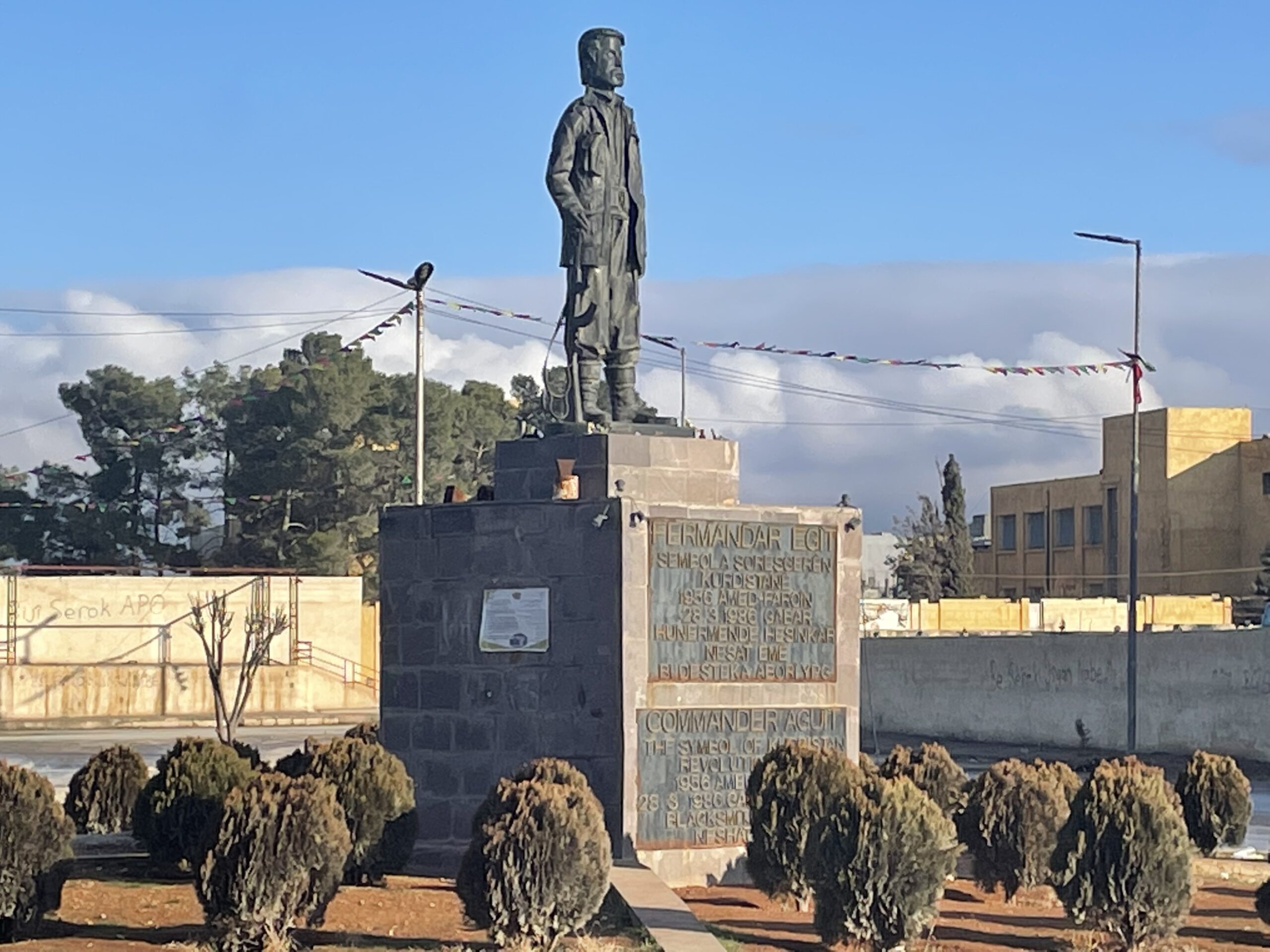





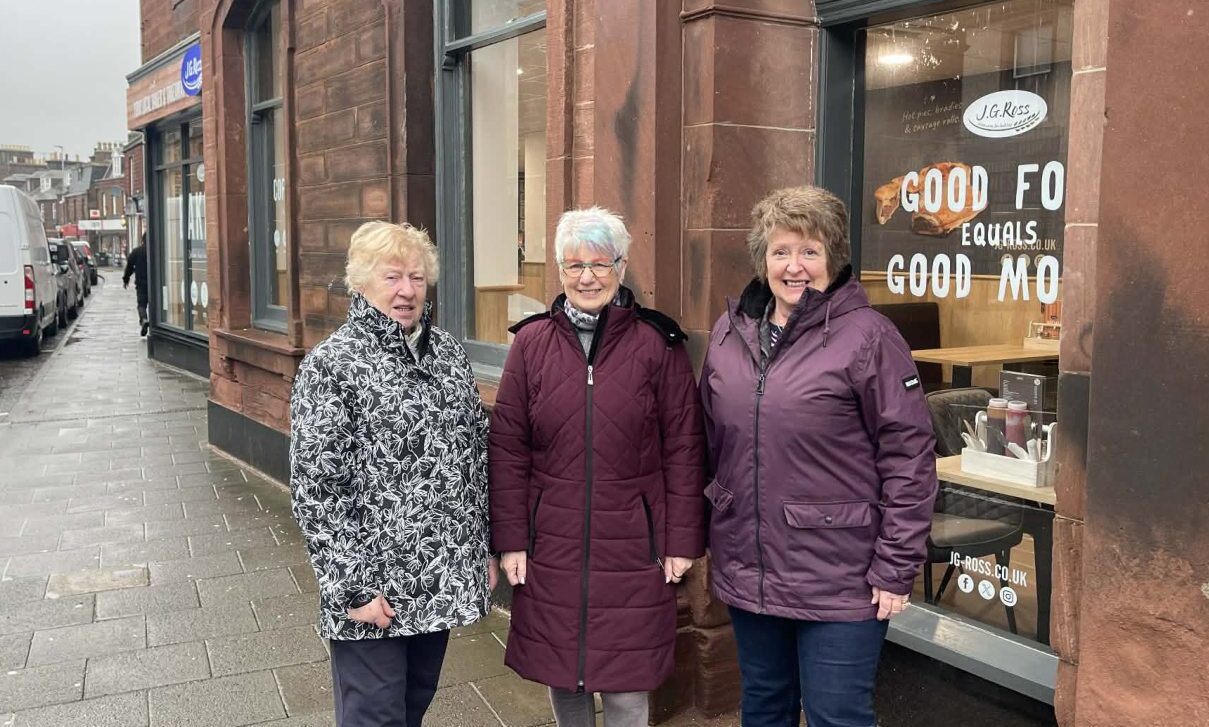



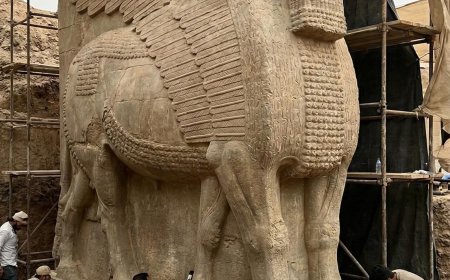





/file/attachments/orphans/IMG_9103_429753.jpeg)


/file/attachments/orphans/taku-transport_666718.jpg)




